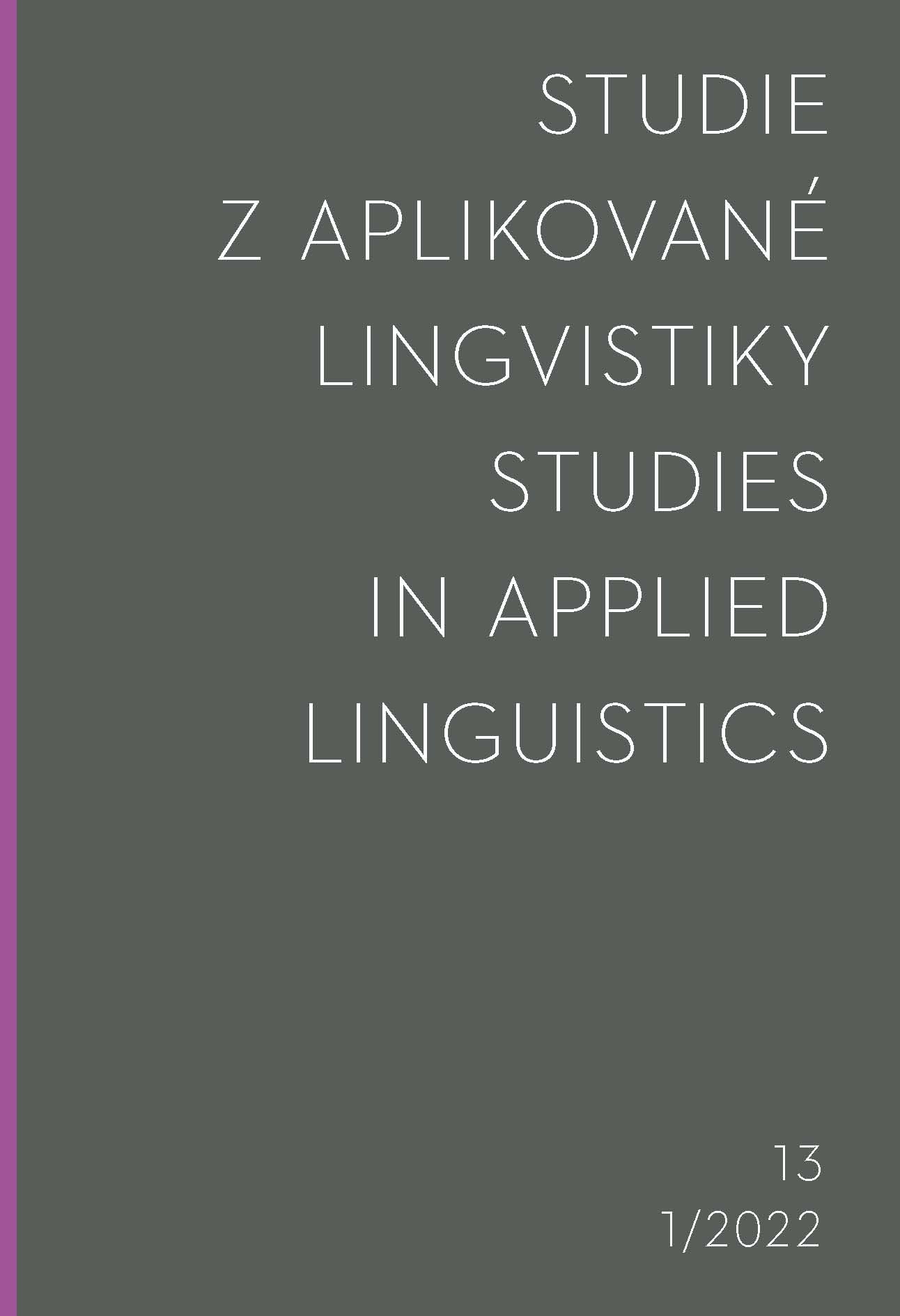Fossilization versus Stabilization in L2 Acquisition: Evidence from Inflectional Morphology among Yorùbá L2 English
Fossilization versus Stabilization in L2 Acquisition: Evidence from Inflectional Morphology among Yorùbá L2 English
Author(s): Boluwaji OshodiSubject(s): Applied Linguistics
Published by: Univerzita Karlova v Praze - Filozofická fakulta, Vydavatelství
Keywords: Fossilisation; stabilization; L2; inflectional morphology; interlanguage; English; Yorùbá
Summary/Abstract: Fossilization describes the end state of an L2 learner’s grammar, usually a deviant form of the target language. Since L2 learners tend to develop different interlanguage grammars during acquisition, fossilization appears complex and problematic. Thus, the term stabilization, which represents the L2 learner’s interlanguage at a particular point, was suggested. This study investigates the two concepts to determine the point of their occurrence in L2 learners’ interlanguage. Two sets of data (oral production and composition) collected at an interval of seven years from two groups of Yorùbá native speakers whose L2 is English (Beginner and Advanced) with a focus on inflectional morphology revealed that while some errors disappeared from the interlanguage of learners in both groups, they still committed similar types of earlier errors despite the seven-year interval but at a lesser rate. This confirmed the existence of different levels of error, i.e., stabilization. The results revealed that after the interval, inflectional errors across both groups were not static (fossilized) but changed (stabilized) due to different factors. This confirms that, while the stabilization of L2 features can be identified and established, it is usually difficult to identify fossilized features.
Journal: Studie z aplikované lingvistiky
- Issue Year: 13/2022
- Issue No: 1
- Page Range: 42-64
- Page Count: 23
- Language: English

